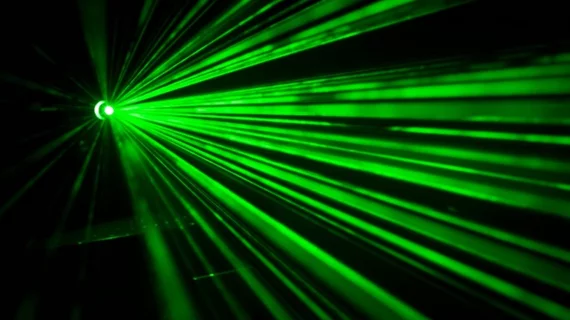Novel AI approach shows powerful potential to diagnose Alzheimer’s early, easily
Machine learning analysis of Raman hyperspectroscopy—a technology used to measure the intensity of scattered laser light—has shown strong potential as a screening tool for Alzheimer’s disease when applied to an easily obtainable lab specimen: saliva.
Led by forensics expert Igor Lednev, PhD, of the State University of New York, researchers behind the findings point out current methods for diagnosing Alzheimer’s are “inefficient, expensive and unsuccessful at making diagnoses during the earliest stages of the disease.”
The team hypothesized that Raman hyperspectroscopy might detect in saliva what conventional diagnostics often miss in much more involved exams.
To find out, they used the technology to analyze saliva samples collected from individuals with known Alzheimer’s disease and mild cognitive impairment (MCI) as well as from healthy volunteers.
Next, training and testing artificial neural networks on a spectral dataset from the saliva readings, they found by internal validation their technique achieved 99% accuracy at differentiating Alzheimer’s from MCI and normal state.
Further, conducting blind external validation using an independent dataset, the technique hit a perfect 100%.
From this the researchers concluded that Raman hyperspectroscopic analysis of saliva using machine learning has “remarkable potential for use as a non-invasive, efficient and accurate method for diagnosing Alzheimer’s disease.”

